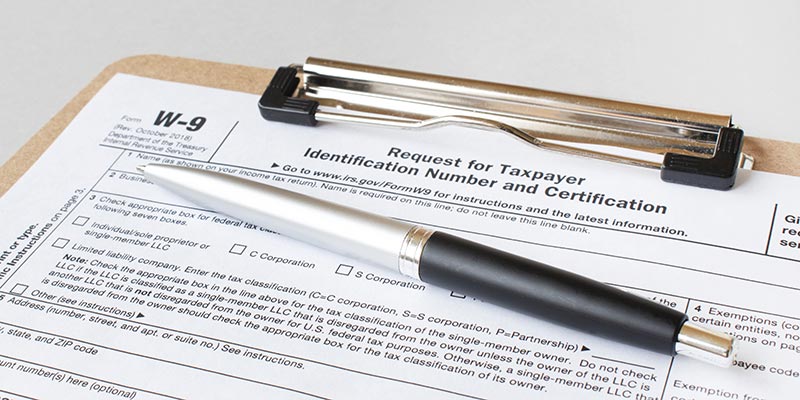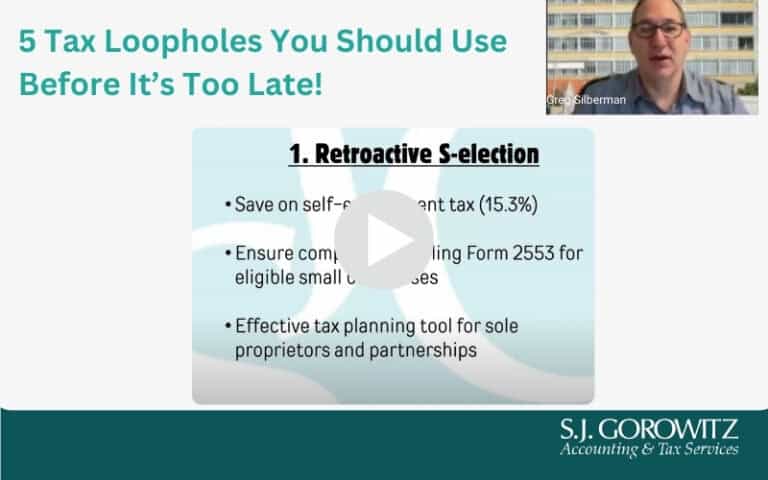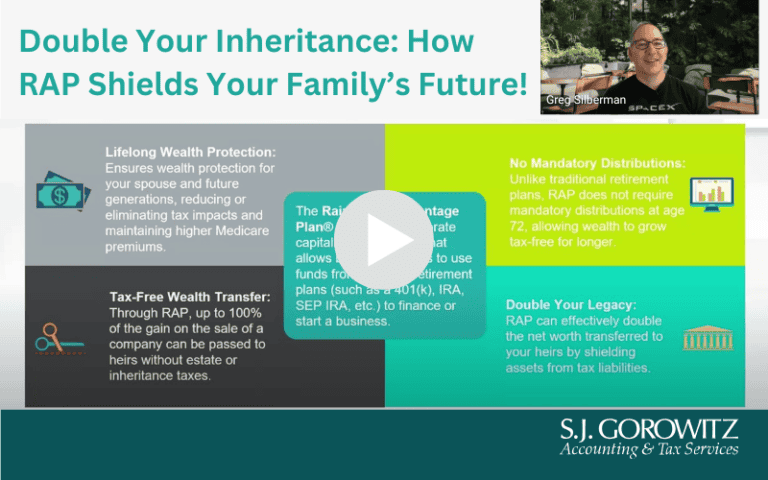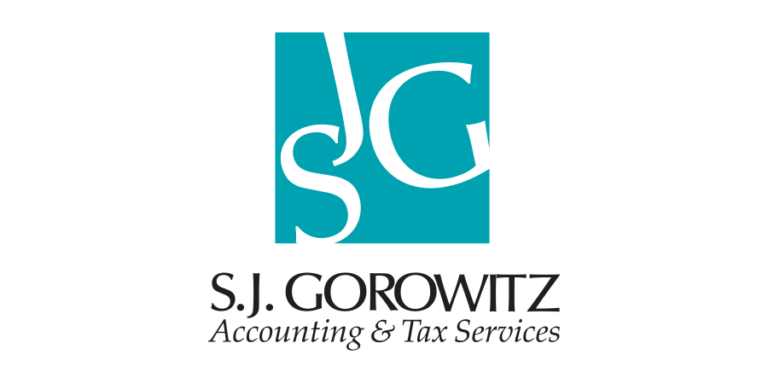
Form W-9 is an Internal Revenue Service form which is used to request and confirm the name, address, and taxpayer identification information of a taxpayer.
Purpose of Form W-9
An individual or entity who is required to file information returns with the Internal Revenue Service (IRS) must obtain their correct taxpayer identification number (TIN) which may be their Social Security Number (SSN), individual taxpayer identification number (ITIN), adoption taxpayer identification number (ATIN) or employer identification number (EIN), in order to report the amount paid to you, or other amount reportable on an information return.
The most common questions we get about W-9s include:
- When should our company request completed W-9s from vendors?
- Why is someone requesting a completed W-9?
- Is a W-9 the same as a 1099?
Let’s address those questions here:
When should our company request completed W-9s from vendors?
To ensure that you have all the information you need to fulfill the 1099 preparation and filing requirements by January 31 each year, we recommend the following:
- Businesses should obtain a completed W-9 Form from each applicable vendor/contractor that is already in service and has not already submitted a W-9 form, as well as for each new vendor.
- Applicable vendors include any vendor or contractor (that is not an “employee”) who provides services for which you expect to pay them at least $600.00 in a calendar year (the threshold).
- This form asks for the company’s legal business name, organization type and Tax ID. All of this information is required in order to accurately complete required information returns such as Forms 1099-NEC and 1099-MISC.
- When your business onboards a new vendor, the process should include completion and receipt of a W-9 prior to making any payments to them. Then, the vendor is incentivized to complete the Form W-9 in order to receive payment.
- Making it a required business procedure to request this information at the beginning of your working relationship insures that this information will be available when needed.
- It is a best practice for businesses to ALWAYS request a Form W-9 from every vendor you work with that is paid directly. You do not need to obtain a completed W-9 from or send a Form 1099 to vendors whom you pay via PayPal or credit card because these amounts will be reported by the merchant services company.
- Do not take “no” for an answer. It is important to make the collection of W-9 forms a priority before engaging services and/or before the first invoice is a paid.
Why is someone requesting a completed W-9?
If a business has requested that you complete a Form W-9, it is standard business policy to do so in order to maintain necessary information required to accurately complete Form 1099. Form 1099 must be completed for any 1099 contractor or vendor that provides services for which they expect to be compensated.
No matter how large or small a company might be, failure to file correct information returns by their due date can result in costly financial penalties. In fact, the penalty for willful failure to prepare timely returns can be as high as $5,500 per information return.
Is a W-9 the same as a 1099?
A W-9 is an IRS form that businesses use to gather information about a vendor/contractor so that their earnings can be reported accurately after year-end.
Conversely, a 1099 (1099-NEC and 1099-MISC) is the document that is issued by the payor at year-end to show how much income the contractor earned. Forms 1099s are issued to Vendors and used to file their federal and state income tax returns. Copies are also provided to the IRS so that they can match the income reported to that claimed by the vendor.
Other common questions about W-9 include:
Do you have to fill out a W-9 every year?
The IRS doesn’t offer much guidance on this issue. From a practical standpoint, this is not necessary, and most small businesses do not do so. However, in addition to requesting completed W-9s when a vendor is new, we suggest also requesting W-9 Forms be completed by the vendor when business name, address, or legal business entity changes.
How long do you keep a W-9 on file?
You should keep the W-9 for three years following the last tax year in which a Form 1099 was filed for that vendor or accountholder. Three years is the statute of limitations in which the IRS has to begin an audit, which may include review of your tax returns and informational returns and supporting records.
If you have questions about collecting W-9s from contractors and vendors or any other tax matter that affects your business, S.J. Gorowitz Accounting & Tax Services is always available to help. Please contact us at any time for more information and assistance.
























